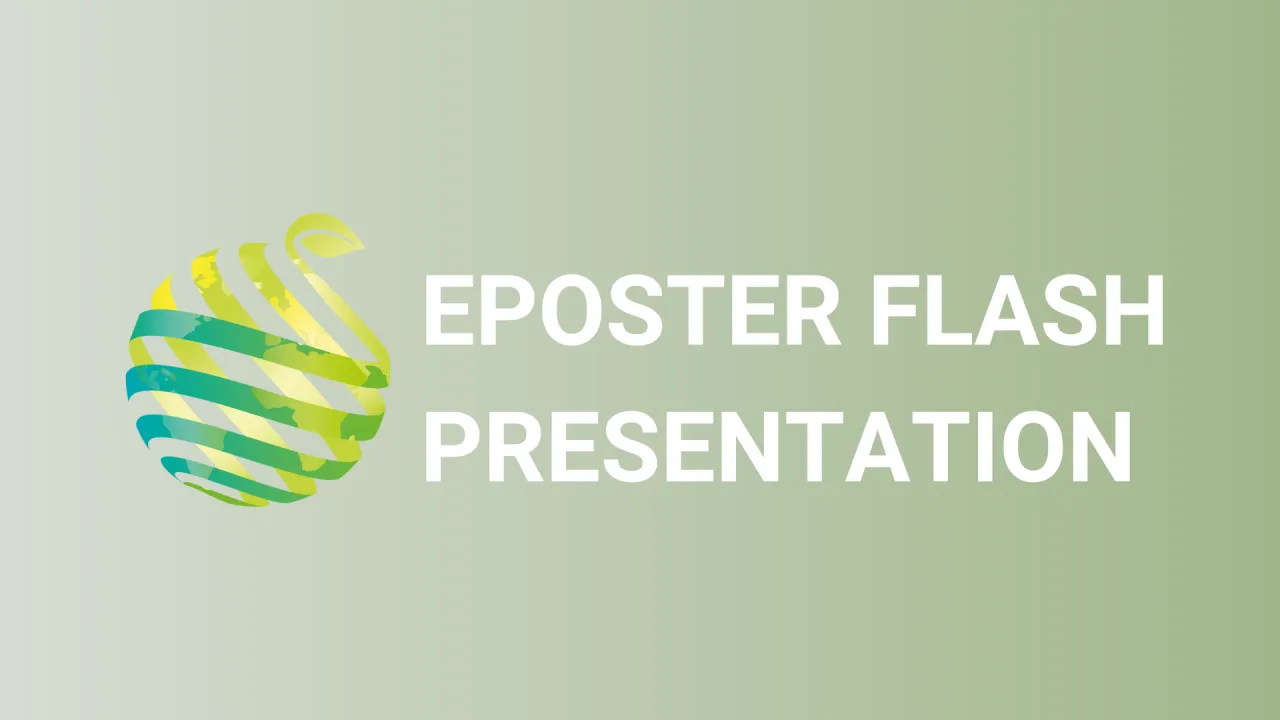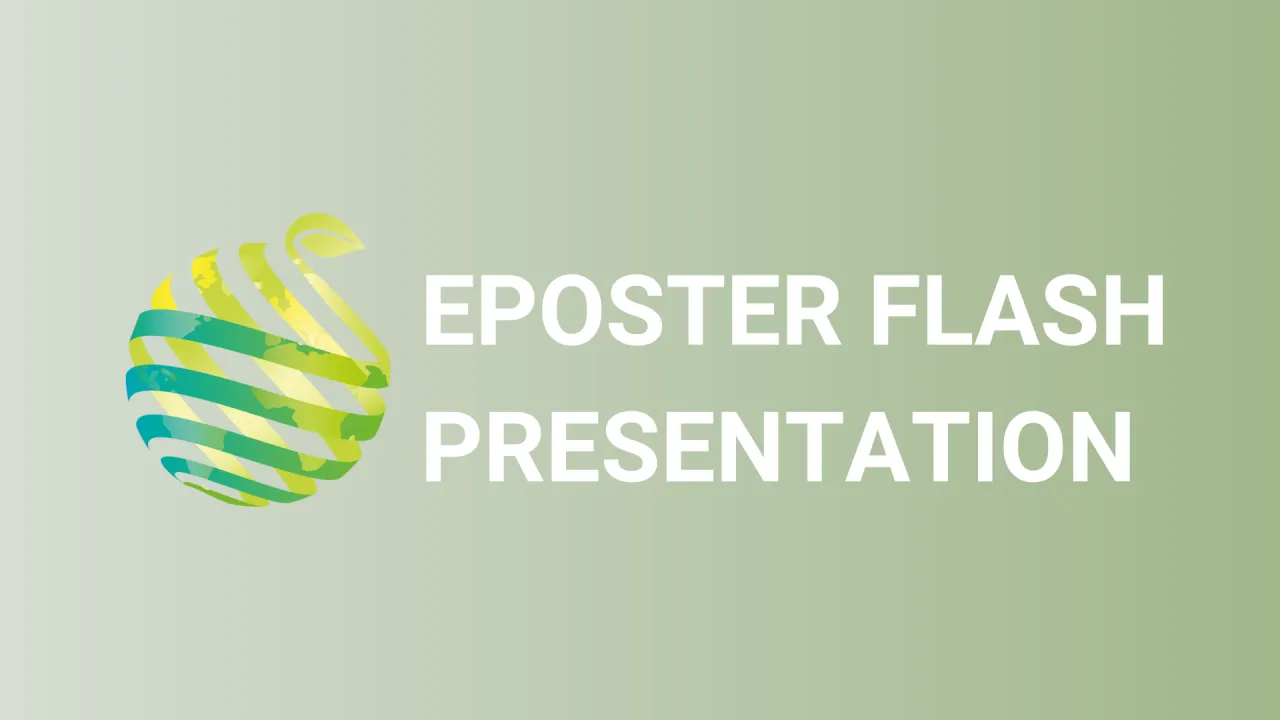

S21 - Session P2 - Biosecurity for small growers of local and organic export banana in Peru – seeking synergies with food safety and ecological intensification
Information
Authors: Charles Staver *, Ricardo Delgado, Juan Carlos Rojas Llanque, Juan Carlos Rivas Picon
For decades, banana Fusarium wilt Race 1 (FWR1) has spread throughout banana growing areas of Peru. In response small growers have changed cultivars and crops. The threat of FW to bananas countrywide has worsened with the detection of Fusarium wilt Tropical Race 4 (FWTR4) in organic export banana on the Northern Coast. Farm-level biosecurity measures to reduce the risks of FWTR4/R1 are directed towards physical barriers and control points to minimize vehicles and persons entering and leaving the farm and ensure their sanitation. We completed a diagnostic study of biosecurity practices in two smallholder banana-growing regions n organic export Cavendish on the North Coast and cultivars for national markets often susceptible to FWR1 in the Central Amazon. Simultaneously we examined the potential to increase productivity through ecological intensification and to market acceptability through food safety measures. We hypothesize that among resource-scarce growers biosecurity measures which contribute to productivity and food safety requirements will be more acceptable. Seven farms in each zone were profiled and interviews were conducted with research and regulatory agencies. The diagnostic showed that growers in both zones had received little training on banana disease symptoms and epidemiology and were not implementing biosecurity measures. In the Central Amazon, banana planting material and labor and vehicle movement linked to coffee harvests appeared to be the major paths for FWR1 spread and 6 of 7 farms visited already had infected fields. On the North Coast, over 75 mobile packing sheds and harvesting crews which move from farm to farm and sector to sector without biosecurity measures appear to be a major risk of spread. Inspectors for certification in both regions and input sales representatives on the North Coast arriving from abroad are not subject to biosecurity measures. Practical training on disease symptoms, characteristics and management of healthy planting material and epidemiology-based risk assessment and the promotion of multi-purpose living hedges as barriers and soil-protecting ground covers could contribute to biosecurity, productivity and food safety, while control of international visitors addresses biosecurity and food safety.